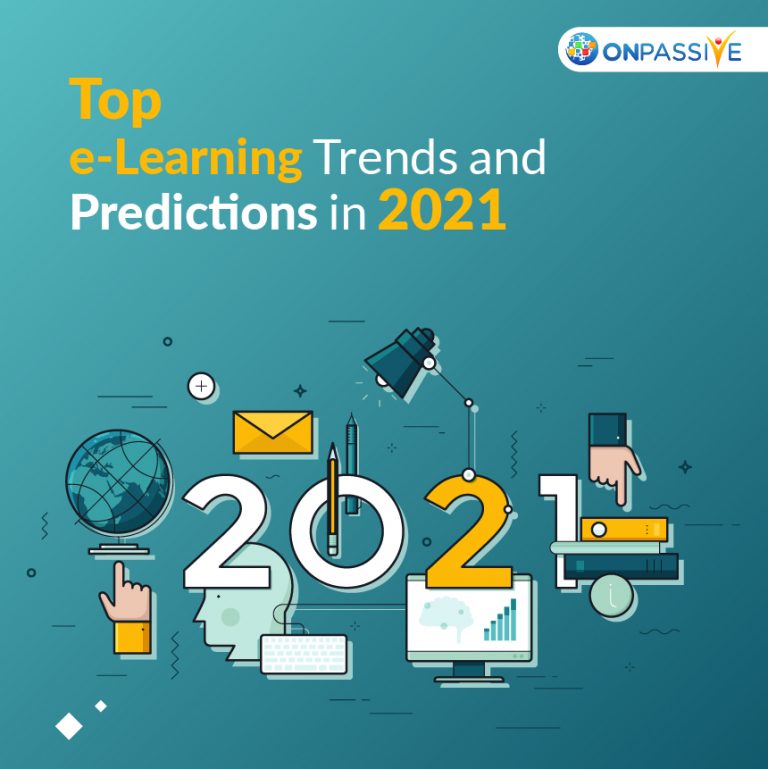
With COVID-19 taking hold over the world, it compelled associations worldwide to reevaluate how they conduct business, train, and prepare their employees to address the disruption and business elements’ difficulties. How are associations preparing for the coming year in reskilling and upskilling their employees?
The pandemic has made unprecedented difficulties that have constrained organizations to search for alternative work types like work from home or remote working and carry virtual training to the front. Prior virtual training was utilized uniquely for the remote workforce or individuals spread across geographies.
Working from home is the new normal at this point. Several surveys have shown that working from home has helped individuals improve their efficiency and productivity several notches. While the pandemic has constrained this disturbance, it is fundamental to comprehend that this will turn into a developing pattern in the coming years. Associations see the advantages of working distantly, and sometimes organizations consider work from home as the permanent solution and not a survival strategy.
Impact of AI in E-Learning Industry
In 2020, because of the pandemic circumstance, the demand for technological solutions that would give all the conveniences of distant learning had arrived at dramatic heights. To guarantee clients’ fulfilment with how the way toward learning goes and contribute to its productivity, organizations have executed an assortment of modern approaches and advances.
Artificial Intelligence
Several surveys show that Artificial Intelligence (AI) develops and will keep on and will keep on being the main pattern in the technology space for years to come. No big surprise, many big names are locking on to it as it will assist individuals with gaining admittance to content and help.
We should firmly believe that AI is a significant trend. It is progressively being utilized for automating several mundane or routine tasks that were finished by people just a few years prior, empowering humans to focus on errands that require higher-order thinking abilities. Probably the most prominent trends have been process-based automation.
Artificial Intelligence has a significant role in carrying out in 2021 and beyond in the advanced digital learning space. It will help customize learning experiences, decipher the information or the reports produced for the courses taken, and improve recommendations.
Customized Learning
In basic terms, personalized learning implies providing learning content and activities dependent on learner decision and performance. AI in E-Learning industry learning paths are utilized alongside pre-assessments or suggested learning paths dependent on previous decisions to help learners take the preferred learning modules of their choice.
We should accept it being utilized related to Artificial Intelligence, assessment and evaluation engines, and different tools, turning into an absolute necessity have in the armoury of L&D teams. It will keep on causing a ripple effect in the coming years as a fundamental type of learning.
Learning Analytics
Learning analytics is the place where Big Data meets traditional quantitative strategies in education. Governments, colleges, testing associations, and Massive Open Online Course providers gather information about learners and how they learn. It has been, mostly, undiscovered until the approach of tools, techniques, and algorithms that have helped capture learners’ genuine intent.
Learning analytics helps estimate the vital indicators of learner performance and helps learners understand their strengths and regions of progress, which they can work on. Learning analytics will assume a significant part in 2021 as more learning occurs through the digital medium.
Adaptive Learning
In adaptive learning, personalization of learning happens using algorithms, confidence-based appraisals and assessments, and competency mapping to the preparation.
With adaptive learning, employees can have adaptable learning plans. Learners can pick their learning path. Learners can gain from the content at their speed. Employees perceive this training as a chance and not as an errand to be finished.
Adaptive learning will guarantee that students get the correct information provided in the correct dosage and spans. Adaptive and AI in the E-Learning industry will be a significant trend in the year 2021 and beyond.
Conclusion
Regardless of whether they are learning technology trends or the learning content patterns, the trends will affect the way learners learn, and associations profit from these modalities and mediations. While learners want to apply what they’re figuring out to work better and hold the learning, associations will save several person-hours in preparing and training if these tools and procedures are carried out successfully. The associations should use these to gain ground as they continued looking to be more agile and adaptive learning organizations.


